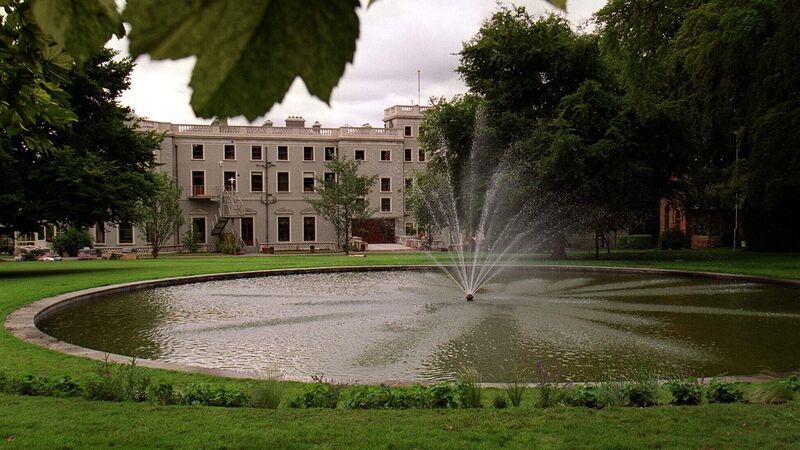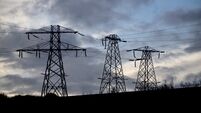Less than 10% of public buildings assessed for energy ratings

The Department of Defence in Newbridge, Co Kildare, has a D2 energy rating as does Farmleigh House, which is used to accommodate visiting foreign dignitaries. Picture: Maxwells
Fewer than one in 10 public buildings have been assessed to calculate their energy consumption, despite a push from the Government to make buildings more efficient.
The Office of Public Works (OPW) manages and maintains around 2,500 properties; however, fewer than 250 of these have received a display energy certificate (DEC) according to information released to the .
CLIMATE & SUSTAINABILITY HUB














